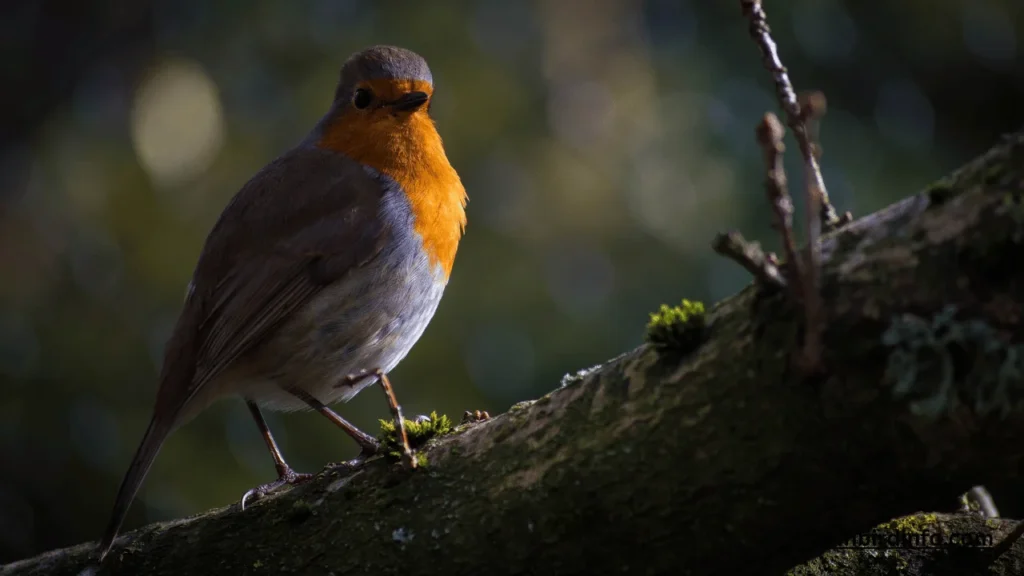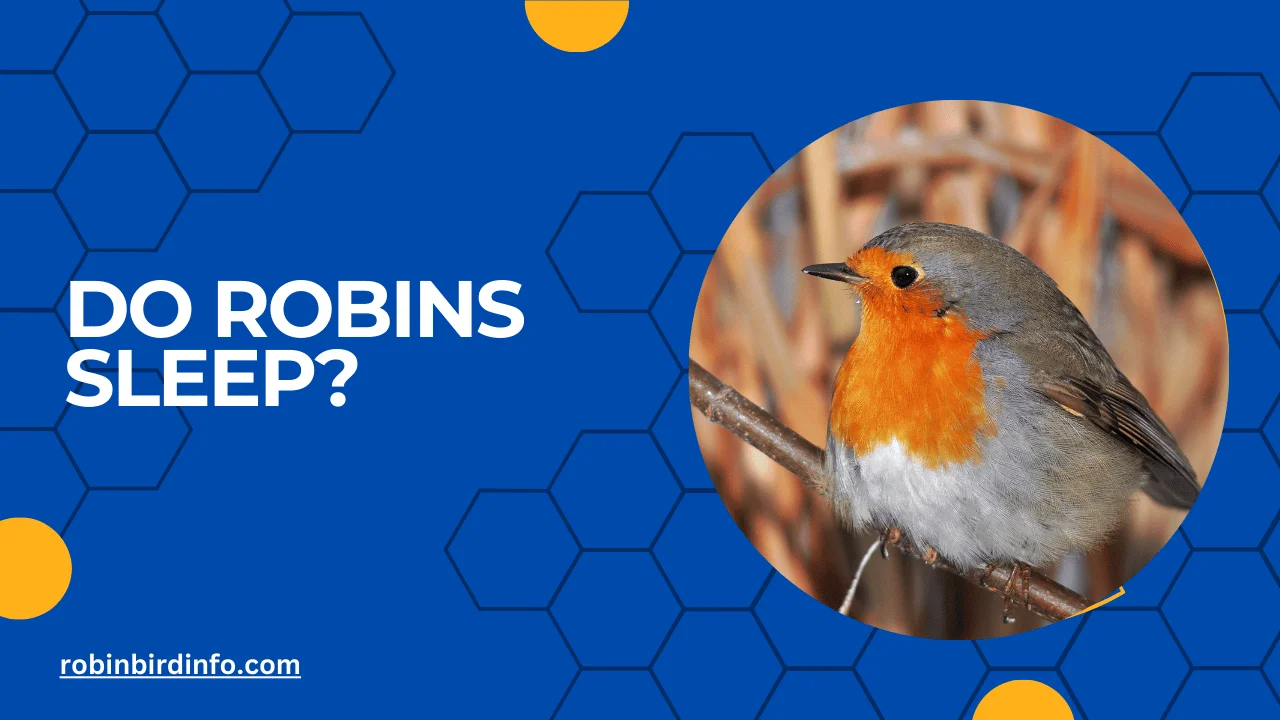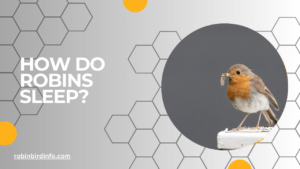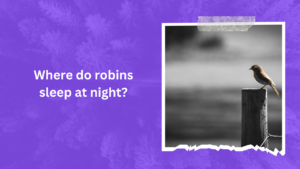Have you ever watched a Robin flitting through your garden at dawn, its cheerful song echoing through the morning air?
We all know these vibrant birds are busybodies during the day, but what about when the sun sets? Do Robins, like us humans, crave their beauty sleep? The answer might surprise you!
Understanding a bird’s sleep patterns might seem like a quirky fact, but it’s actually a window into their fascinating lives. Sleep plays a crucial role in every animal’s survival, and Robins are no exception. Delving into their sleep habits reveals how these seemingly ordinary birds navigate the world, from conserving energy for winter to staying alert for potential threats.
So, grab a cup of coffee (or your favorite evening beverage!), settle in, and get ready to uncover the intriguing sleep secrets of the beloved Robin!
Contents
Section 1:The Science of Sleep in Birds
Birds, like humans, require sleep to function properly. However, their sleep patterns are quite different from ours. Many bird species exhibit unihemispheric sleep, where one hemisphere of the brain sleeps while the other remains awake. This allows birds to be vigilant for predators while still getting some rest.
Rapid Eye Movement (REM) sleep is crucial for both birds and humans. During REM sleep, the brain is highly active, and dreams occur. This stage of sleep is essential for memory consolidation and learning.
Section 2: Robin Sleep Patterns
Robins are primarily diurnal, meaning they are active during the day and sleep at night. They typically sleep in trees or shrubs, often in sheltered locations to protect themselves from predators and harsh weather conditions.
The duration of nighttime sleep for Robins can vary depending on factors such as season, temperature, and food availability. During the breeding season, when they have nestlings to care for, Robins may sleep less, especially at night.
While Robins primarily sleep at night, they may also take short naps during the day, particularly in sheltered locations. These naps allow them to rest and conserve energy between periods of activity.
Section 3: The Importance of Sleep for Robins
Sleep is essential for Robins to conserve energy and restore their bodies. During sleep, their metabolic rate slows down, allowing them to conserve energy for essential functions.
Sleep also plays a crucial role in brain function and memory. It helps to consolidate memories and strengthen neural connections. Adequate sleep is essential for Robins to learn new behaviors, such as foraging and navigating their environment.
Sleep also aids in physical restoration. During sleep, the body repairs tissues and replenishes energy stores. Sufficient sleep is necessary for Robins to maintain their physical health and perform daily activities.
Section 4: Factors Affecting Robin Sleep
Environmental factors, such as temperature, light, and noise, can influence Robin sleep patterns. In cold weather, Robins may spend more time sleeping to conserve energy.
The risk of predation can also affect Robin sleep behavior. If Robins feel threatened by predators, they may reduce their sleep duration and increase their vigilance.
Social factors, such as mating and territorial defense, can also impact Robin sleep. During the breeding season, Robins may experience disrupted sleep patterns due to increased activity and parental care.
Section 5: Conservation Implications

Habitat loss and fragmentation can disrupt Robin sleep patterns by reducing the availability of safe and quiet nesting and roosting sites.
Light pollution can interfere with Robin sleep by disrupting their natural circadian rhythms. Artificial light at night can confuse birds and make it difficult for them to fall asleep.
To protect Robin populations and ensure their well-being, it is important to conserve their habitats, reduce light pollution, and minimize human disturbances, particularly during their sleep periods.
Conclusion
Understanding the sleep patterns of Robins is essential for appreciating their complex behavior and ecology.
By recognizing the importance of sleep for these birds, we can take steps to protect their habitats and minimize human disturbances that can affect their sleep. By conserving natural habitats and reducing light pollution, we can help ensure that Robins and other wildlife have the opportunity to rest and recharge.
FAQ’s
Do Robins sleep at night?
Yes, Robins, like most birds, are primarily nocturnal and sleep at night.
How long do Robins sleep?
The duration of Robin sleep can vary depending on factors like season, weather, and individual needs. However, they typically sleep for several hours each night.
Where do Robins sleep?
Robins usually sleep in trees or shrubs, often choosing sheltered locations to protect themselves from predators and harsh weather conditions.
Do Robins sleep during the day?
While Robins primarily sleep at night, they may take short naps during the day, especially in sheltered locations. These naps help them conserve energy and rest between periods of activity.
How does sleep help Robins?
Sleep is essential for Robins to conserve energy, repair tissues, and process information. It also plays a crucial role in cognitive functions like learning and memory.
Can human activity disturb Robin sleep?
Yes, human activities like noise pollution and artificial light can disrupt Robin sleep patterns. It’s important to minimize disturbances, especially during nighttime hours.








